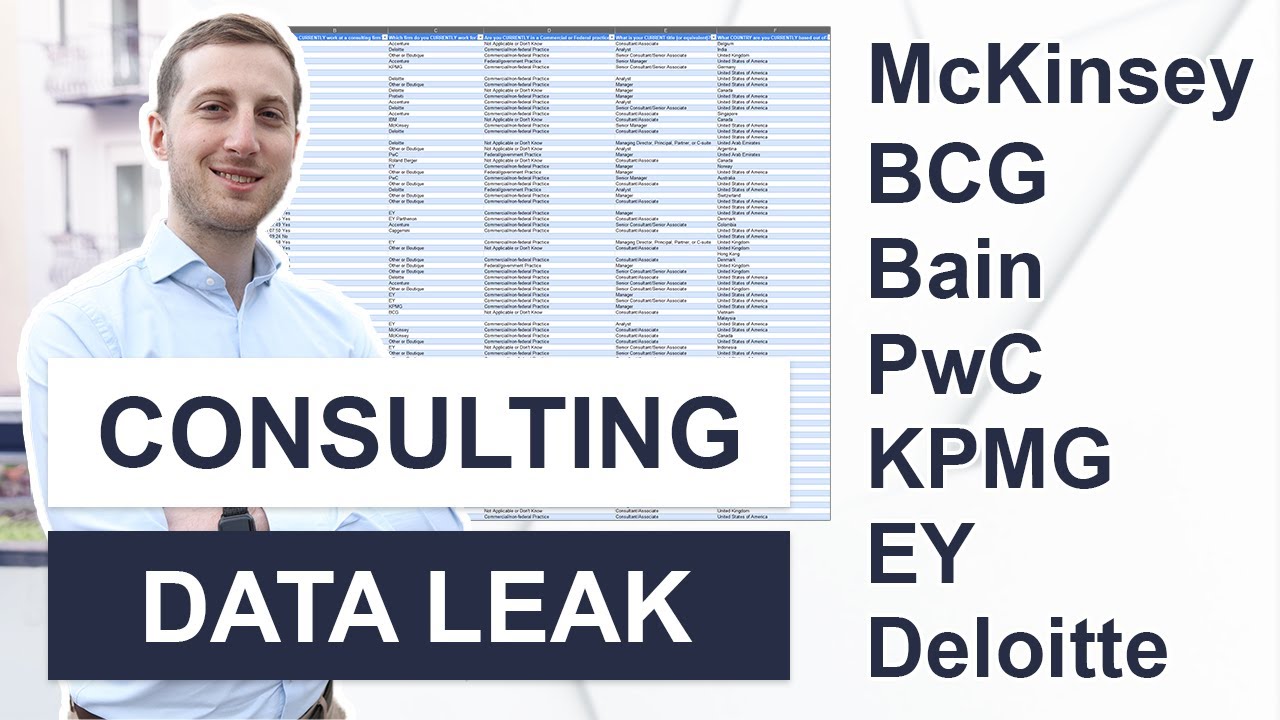
The use of technology to enhance financial services has become an important part of society. While fintech has made financial service more accessible, it also raises issues about consumer protection. As the SEC's nominee to lead the agency, Gensler outlined a timeline of innovations in the financial industry. Gensler says that financial technology, or fintech, dates back to the creation money.
Fintech is the acronym for "financial technologies"
Fintech is a term for any technology used to deliver financial services. This includes online banking and cryptocurrencies. It also allows you to check your savings account. Fintech is a confusing term. Its origins are controversial. Word Spy claims the term was first used in mass media by Peter Knight (editor of the Sunday Times), on August 11, 1985. Many believe that the term originated within the banking industry after the introduction of the SWIFT system to international money transfers.
Fintech has disrupted traditional financial services. It has also changed how consumers shop for coffee and manage finances. Fintech used to be a term that referred to technologies that were applied to traditional financial institutions' back end systems. However, today the term is being expanded to include consumer-facing services and applications. Fintech is expected to be used in the future to help people manage their finances and buy stock, pay for bills, and even eat!

It is the incorporation of technology into services offered by financial institutions
Today's financial services companies are searching for new technology to increase their speed, efficiency, and overall customer experience. Companies have been searching for innovative ways to leverage the digitalization banking technology to transform business processes. These tools allow companies offer new products, services, and innovations based on goods movement tracking, on-demand liquidity, as well as smart contracts.
Although financial technology may not be new, it has experienced significant improvements over the past decade. The advances in technology have made it possible for upstarts to use technology to reduce costs and streamline service delivery. Since the 1960s introduction of automated ATMs (ATMs), financial institutions have been exploring ways to integrate technology into the offerings of their customers. Credit cards were also invented before ATMs. However, they are still revolutionizing how we pay to get services.
It has made financial service more accessible to more people
Millions of people can now access financial services online thanks to the digital transformation. A World Bank survey found that 140 countries' citizens use online payment systems to manage their finances. This presents new opportunities for financial inclusion. However, it also has its challenges.
One example of financial technology is mobile banking. These applications allow consumers to make and receive money from their bank account, without having to visit the bank. They can also deposit checks directly from their smartphone.

It has raised concerns about consumer protection
As digital banking becomes more popular, so do consumers' needs for protection. Digital banking demands that customers provide personal information to financial institutions so they can market to them, verify their identity and approve credit applications. While digital banking is a useful tool, there are also increased risks of data breaches and hacking. Recent hacks of credit card companies and banks have demonstrated that these systems are highly vulnerable to hackers. As a result, consumers should ask questions about the extent of these risks, and whether the fintech companies they are dealing with have a commitment to keeping their clients' personal data secure.
Consumer protection agencies must be flexible enough to accommodate changes in the financial technology industry. As consumers have access to more types of financial products, regulation now includes cross-cutting concerns like data accessibility and security. There are many new services and products that can be found online thanks to digitalization. This presents new risks and requires that we review the existing consumer protection laws.
FAQ
How can I be a successful consultant?
First, find a subject you're passionate about. Building relationships is the next step. It is important to understand the needs of clients and their business. Finally, you have to deliver results for your clients.
While you don't need to be the best at all things, it is important to be better than others. You also need to have a passion for what you do. It doesn't suffice just to say "I'm going be a Consultant." You must really believe in yourself and what you're doing.
What kind of jobs are there for consultants?
Consultant work requires a deep understanding of business strategy, operations, and other aspects. Understanding how businesses work and their place in society is also essential.
Consultant work requires excellent communication skills and the ability to think critically.
Consultants must be adaptable because they may be asked to do different tasks at different times. Consultants should be able to quickly change their direction if necessary.
They should be able to travel extensively for clients. This type of work can take them all over the world.
They must also be able handle stress and pressure well. Sometimes, consultants may be required to meet strict deadlines.
Consultants may work long hours. This can mean you might not always receive overtime compensation.
How do I attract clients to my consultancy business
Find an area that you are passionate about. It can be anything you like, including public relations or social media. You may need to start small and find a niche market like web design. Once you find the right niche, it is important to know what makes it tick. What problems does it solve What are the benefits? What are the benefits?
You can also approach businesses directly.
If all else fails, why not offer your services at free events like networking evenings and conferences? You will meet potential customers and be able show your skills without having to spend money advertising.
Statistics
- On average, your program increases the sales team's performance by 33%. (consultingsuccess.com)
- My 10 years of experience and 6-step program have helped over 20 clients boost their sales by an average of 33% in 6 months. (consultingsuccess.com)
- "From there, I told them my rates were going up 25%, this is the new hourly rate, and every single one of them said 'done, fine.' (nerdwallet.com)
- According to statistics from the ONS, the UK has around 300,000 consultants, of which around 63,000 professionals work as management consultants. (consultancy.uk)
- According to IBISWorld, revenues in the consulting industry will exceed $261 billion in 2020. (nerdwallet.com)
External Links
How To
How do I find a good Consultant?
Finding a great consultant starts with understanding your expectations. Do you want them to help you improve your website's performance? Do you need them to optimize your site so that it ranks higher in search engines' results? You might also want someone to help you determine if your hosting provider is in trouble. Once you know what type of services you need, you should start looking at different companies. While there are many consultants that claim to be able provide these services for you, not all of them will. How do you choose the right consultant? These are some things you should consider when choosing a consultant.
-
Ask for referrals. This is probably one of the best ways to find a consultant. You shouldn't hire someone you haven’t met before as they will probably charge you too much. You also don't want someone with a poor reputation to work for you. If you have the good fortune to get referrals from trusted people, great! You might also be able to find reviews online even if there are no referrals. Look for testimonials and case studies where clients have used your service.
-
Ask around. Many people don’t know that they could gain from consulting. Many people believe that they are doing well and don't need any changes. This is often incorrect. Even if results are good, there is a chance you haven’t been keeping up-to-date with new trends and technologies. Relying on outdated methods will prevent you from maximizing your potential for growth. It's always worth asking around to see if anyone knows of a good consultant.
-
Make sure to verify their qualifications. You don't need to worry about whether they are building a website or an eCommerce store worth millions. Make sure that they're qualified to perform the tasks you need to be done and that they have sufficient expertise in the area.
-
Find out about the types of projects they specialize. While you might assume that everyone can handle everything, this isn't true. Some areas require specialized training and education. For example, if you need someone to build a WordPress theme, you won't want to hire a developer who specializes in Drupal. This is true for programming languages and graphic design. Ask what projects they usually work on.
-
You should know their prices. As we said, you don't want to pay too much for a consultant. You don't necessarily want to pay too low, but you shouldn't either. There are many different types of consultants. Some charge hourly rates while others bill per project. Knowing exactly what you're paying upfront will save you money down the road.
-
Learn what they offer. Are they offering free consultations or other services? Will they give you advice on how to set up your own system? Is there a guarantee that your site will rank higher after working with them? If you don't like what you hear during your consultation, you should feel confident knowing you can cancel without penalty.
-
Ask if they offer discounts over multiple months or for years. Many consultants offer discounts for longer periods. Although you do not have to commit to a year, it is possible to take advantage of any offers they may offer.